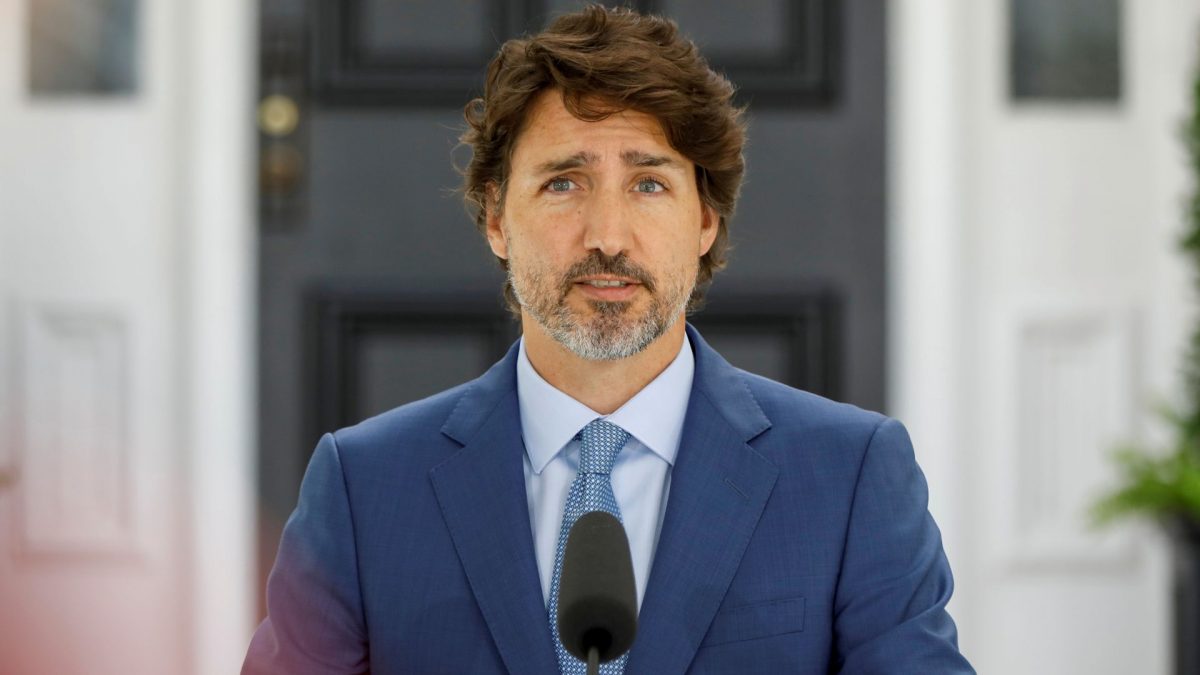For the second time in a year, Canadian Prime Minister Justin Trudeau sparked a diplomatic crisis with India by alleging that the Indian government was behind the assassination of Hardeep Singh Nijjar outside the Guru Nanak Gurdwara in Surrey, British Columbia, on June 18, 2024.
After Trudeau publicly accused the Narendra Modi government of being behind Nijjar’s death, Indian officials demanded proof. Trudeau said US intelligence supported his allegations, but Washington has not confirmed this. When the US intelligence community has evidence of a pending assassination, it normally tips off the affected or host government. In the case of Nijjar, the United States provided raw intelligence after the fact in order to aid the Canadian investigation. There is no indication that Trudeau’s theory stood up to the evidence. The Sikh separatists in British Columbia are ridden with organised crime. Gangland assassinations are common. Trudeau’s administration subsequently accused Indian intelligence of complicity with the Lawrence Bishnoi gang. This has left unaddressed why Trudeau allowed mobsters to operate freely in Canada.
As pressure again mounted on Trudeau to outline his evidence, Trudeau backed down. “They [India] asked to show the evidence, and at that point, it was primarily intelligence, not hard evidentiary proof,” Trudeau admitted.
From start to finish, Trudeau has demonstrated incompetence. He conflates Indian government monitoring of Sikh extremists and Khalistan separatists with malign Indian activities. This is backwards. India monitors threats to its national security across the globe. So too does the United States that eavesdrops and spies on Chinese agents, Al Qaeda terrorists, Islamic State militants, and North Korean criminals wherever they may be. Canada conducts espionage as well, including in India. The broader question Trudeau should address is why he allowed an armed, violent separatist group to operate from Canadian territory.
To spark a crisis once was amateurish. Even prime ministers make mistakes. To do so twice, however, suggests malice.
There are five motives or explanations, none of which is mutually exclusive. The first is distraction. Trudeau is cynical enough to recognise that a diplomatic crisis could change the domestic conversation from his falling poll numbers. Even conservative leaders and politicians refrained (briefly) from criticising the prime minister lest they appear to side with a foreign state over their own country and security services.
Impact Shorts
More ShortsThe second is political opportunism. Khalistan extremists suggest—and Trudeau might believe—that they are the gatekeepers to the larger Sikh community and the important vote they represent.
The third is ignorance. Trudeau believes himself a liberal and defender of human rights. Like many progressives, he readily accepts narratives of grievance and oppression but is too arrogant to recognise terrorists and groups with no legitimate mandate and use the vocabulary of human rights in order to undercut them. In essence, Trudeau has become Khalistan activists’ useful idiot.
The fourth is personal. He both seeks to defend his father’s honour by seeking to normalise Khalistani extremists to mute criticism about his father’s own blind spots and the many missed opportunities to avert the Air India 182 disaster. Progressives are quick to accuse others of racism, but they seldom see it in themselves. Perhaps one reason for Trudeau’s irrational anger is that he resents that Prime Minister Narendra Modi, a non-white man from a non-European country, had the nerve to challenge him.
A final motive might be geostrategic. There are many indications that Trudeau’s Liberal Party receives Chinese funding through third parties. In 2016, Canadian newspapers accused Trudeau of participating in a cash-for-access scheme in the homes of wealthy Chinese Canadian donors. In 2022, Canadian authorities also accused the People’s Republic of China of covertly funding the campaigns of Canadian parliamentarians. Beijing has a very real interest in driving a wedge between India and Canada. Trudeau may simply represent an effective tool.
Perhaps it is for this reason that the United States, United Kingdom, Australia, and New Zealand, among other countries, want the diplomatic spat between Canada and India to end. Trudeau’s antics risk removing focus from China and the broader threat to India and other democracies.
India, however, should settle for nothing less than a full and public Canadian apology. There can be no justification for Trudeau’s behaviour, and if allowed to pass quietly, it may only encourage China or other malign actors to leverage Trudeau and Canada’s soft spot for terrorists against other democracies.
Michael Rubin is a senior fellow at the American Enterprise Institute and director of policy analysis at the Middle East Forum. Views expressed in the above piece are personal and solely those of the author. They do not necessarily reflect Firstpost’s views.
)